
OR
Customary practices causing harm to some groups and people
Published On: January 29, 2020 09:34 AM NPT By: Republica | @RepublicaNepal
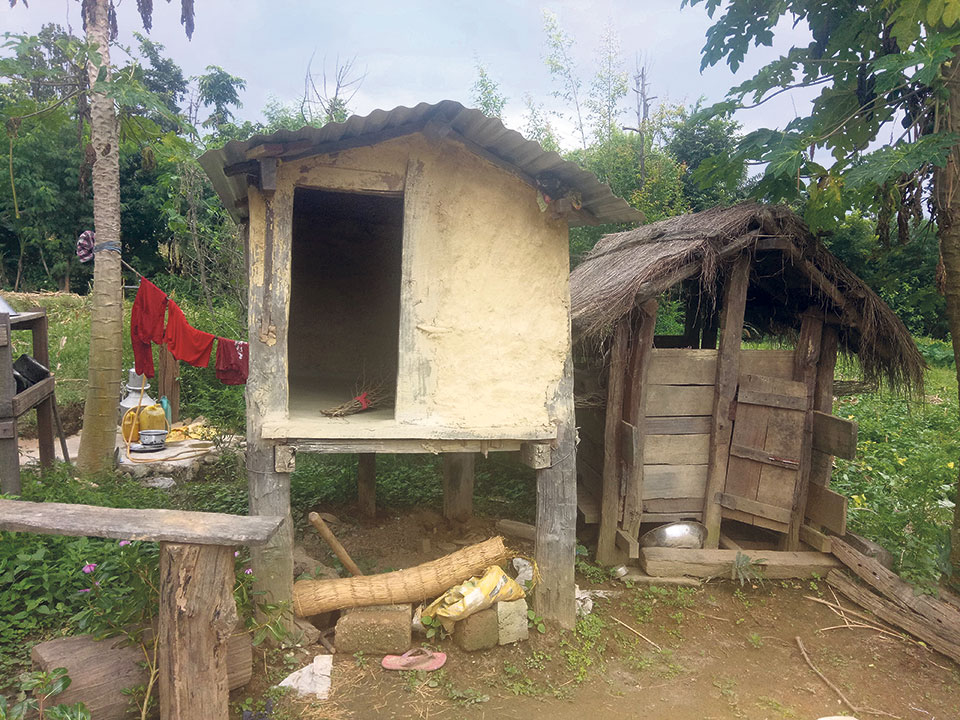
KATHMANDU, Jan 29: An overwhelming majority of customary practices in Nepal cause harm to some groups and people, a study report launched on Tuesday said.
The report commissioned by the United Nations Nepal said 98 percent of the people believe that caste-based discrimination causes harm to some groups and people, while 82 percent of the population thinks dowry causes such harm. Also, 81 percent of the country's population consider marriage under the age of 20 as harmful, while another 78 percent believes the witchcraft accusations and perception causes such harm to people.
The report also mentioned that 45 percent of the population believes that the Chhaupadi is another customary practices that cause harm, especially in the Karnali and Sudur Passchim Province.
Harmful practices are defined as persistent behaviors that discriminate on the basis of sex, age, caste and ethnicity, language and religion, among others. "These practices leave women and people of excluded groups at the risk of violence, poor physical and psychological health, limited educational and economic outcomes, injuries and even death," said the report titled 'Harmful Practices in Nepal: Report on Community Perceptions'.
Conducted last year, the study has covered 4,000 households from 16 districts from Province 2, Karnali and Sudur Pashchim Province. The report mentions that harmful practices in these provinces are deeply rooted in discriminatory social norms, often founded on religious beliefs and customs. "There is a need to conduct in-depth studies to strengthen our understanding on the ways in which we can promote social norms and transformative change to eliminate harmful practices," the report says.
Also, a photo exhibition on Chhaupadi and Witchcraft Accusations and Persecution by two prominent Nepali artists, Uma Bista and Nabin Baral was organized in Yalamaya Kendra on Tuesday, which was jointly organized by the United Nations in Nepal and the British Council.
You May Like This
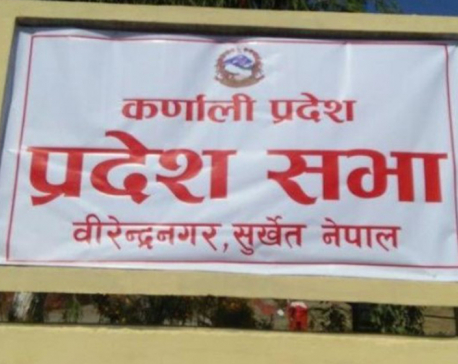
Four UML Province Assembly members breaching party whip lose their positions
KATHMANDU, August 2: Four CPN-UML lawmakers in Karnali Provincial Assembly have lost their positions as lawmakers for breaching party’s whips... Read More...

Keep fighting
That Chhaupadi system—whereby girls and women are secluded during menstruation for days and are forced to live in dangerous sheds—is... Read More...
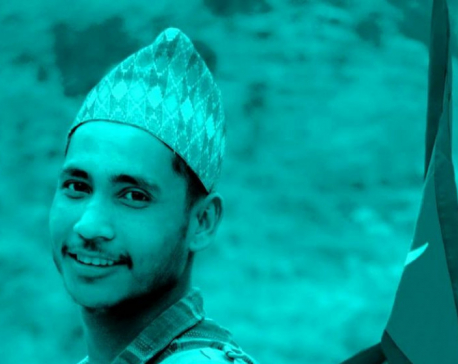
Dailt youths killed in Chaurajahari incident have serious head injuries: Police
RUKUM, May 30: Police have said that the youths, who were killed in violence resulting from caste-based discrimination in West Rukum... Read More...

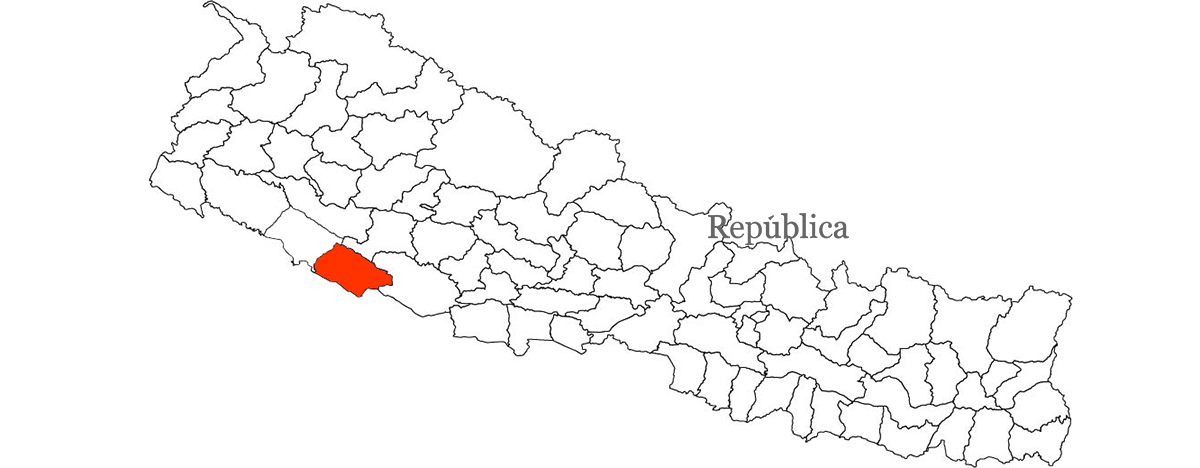

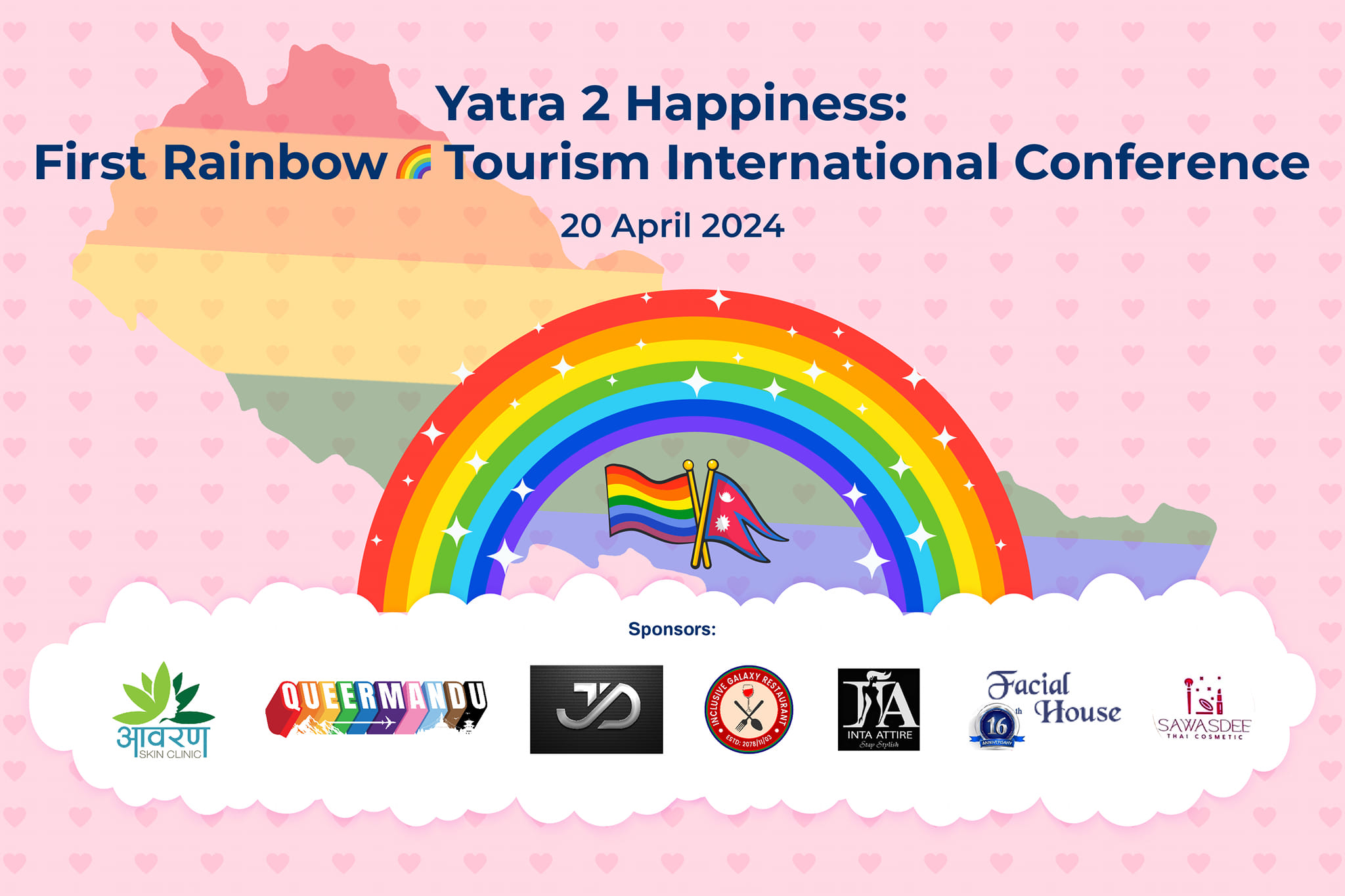
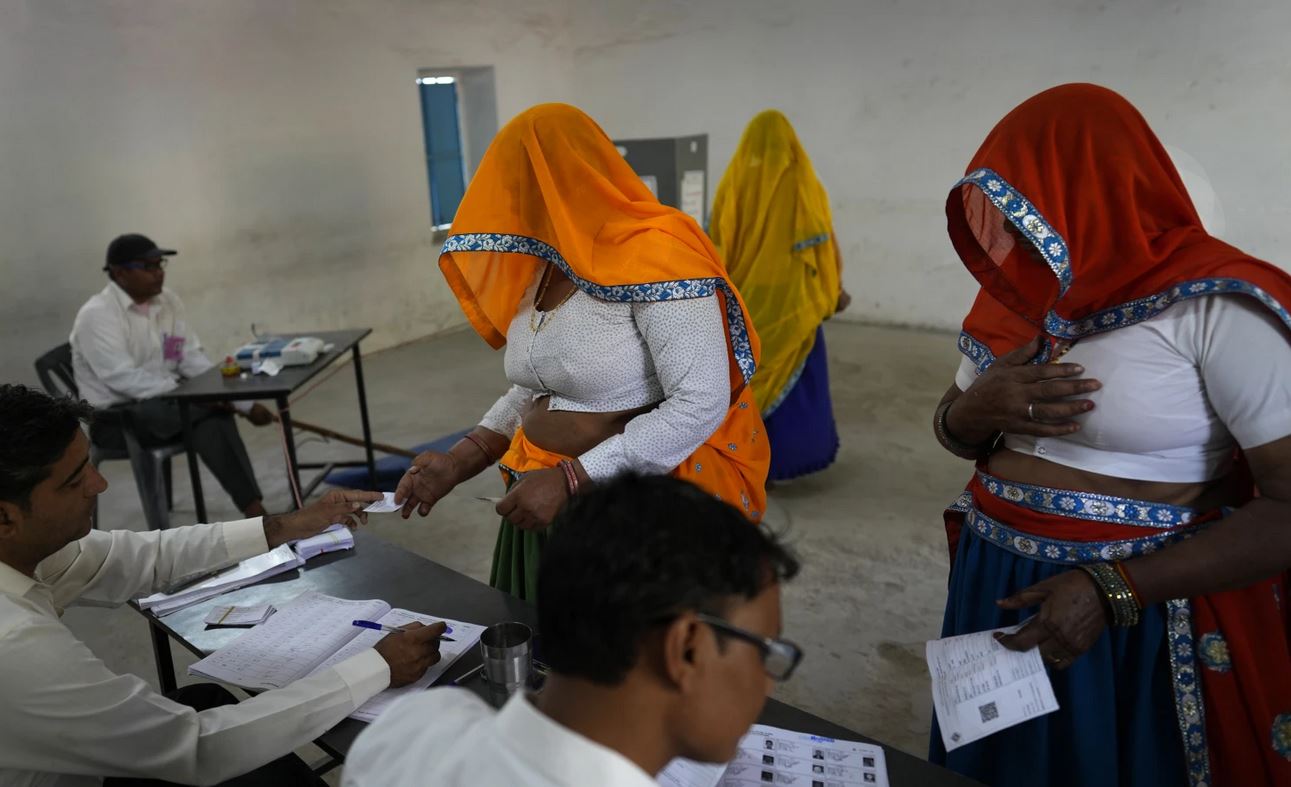

Just In
- 265 cottage and small industries shut down in Banke
- NEPSE lost 53.16 points, while investors lost Rs 85 billion from shares trading last week
- Rainbow tourism int'l conference kicks off
- Over 200,000 devotees throng Maha Kumbha Mela at Barahakshetra
- Indians vote in the first phase of the world’s largest election as Modi seeks a third term
- Kushal Dixit selected for London Marathon
- Nepal faces Hong Kong today for ACC Emerging Teams Asia Cup
- 286 new industries registered in Nepal in first nine months of current FY, attracting Rs 165 billion investment





_20220508065243.jpg)




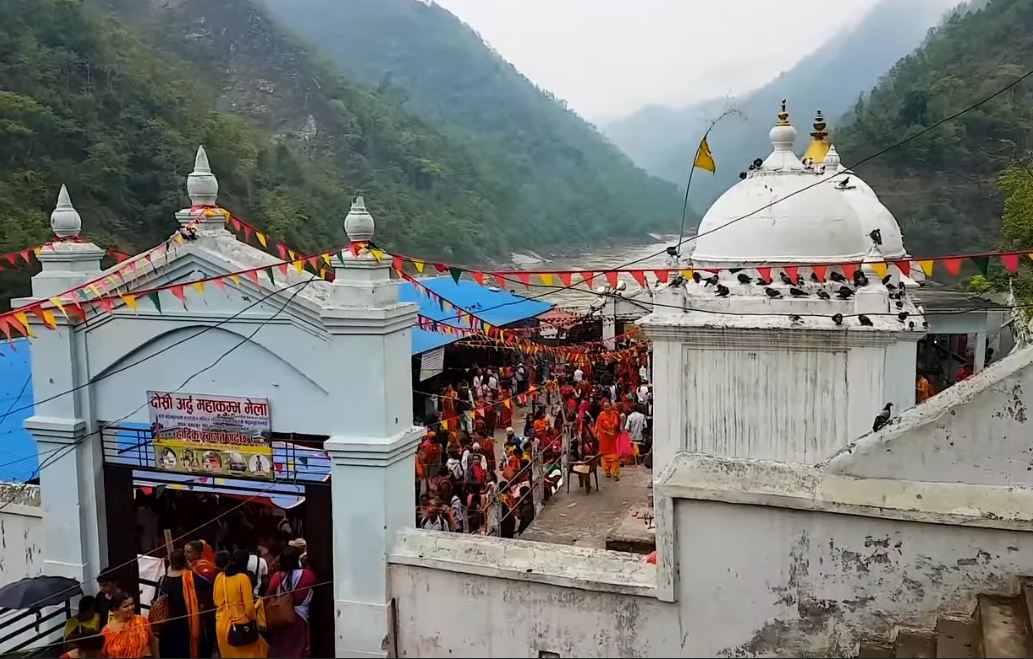

Leave A Comment